Leaving on a jet plane
 Wednesday, July 14, 2010 at 7:45PM
Wednesday, July 14, 2010 at 7:45PM Cause I'm leavin' on a jet plane
Don't know when I'll be back again- John Denver
We've all heard the philosophical riddle, "If a tree falls in the forest and no one is around to hear it, does it make a sound?" This sort of conundrum raises questions regarding observation and knowledge of reality, with knowledge being a key word, because, at the same time, we can ask how we know the tree fell if no one was around to witness it. Suddenly, the philosophical riddle becomes more of a perplexing puzzle. That's the way I look at the latest motion filed by Casey's defense, the OBJECTION TO RELEASE OF DOCUMENTS RELATED TO INTENDED DEFENSE REVIEW OF EVIDENCE. If the media doesn't get a chance to fully question the experts about yesterday and today, do we know for sure that the Field of Dreamers actually examined the evidence? Without further digression, if we take a look at the motion itself, on the surface it may look ordinary, but it's not. To explain, let's start by looking at some of the key points noted in the document.
Page 1
5. This case is a criminal case that carries on in its investigation stages.
Of course it does. So does every other criminal case throughout the land. An investigation can continue until the bitter end, when the state and defense rest. So what's the point? What does that statement tell us the court doesn't already know? Nothing.
Page 2
6. The reviewing of documents and/or tangible evidence related thereto by the defense should not be publicized and disseminated by the news media. This is a case of the state of Florida versus Casey Anthony; this is not a case of the news media and John Q. Public.
Aha! It didn't take long to get to the meat of the motion. What the defense is saying, as Mr. Mason has stated in the past, it is no one's business. This is a capital murder case and the public doesn't have the right to know. Basically, the defense wants to muzzle the media. It's called a gag order. If the defense wishes to put a wall up between the court and the media, why not just file a motion to suppress, restricting information or comments from being made public? That's not what this motion is asking.
8. Defense submits that at some point this Court must recognize the superior rights and entitlements under Constitutional Amendments other than the First Amendment. The news media can report on any and all evidence or proceedings that occur in court at the time of trial.
To be real, this is like sequestering the entire court - prosecution and defense included. Keep the media away from everything until the trial is underway. While I can sympathize with the defense, it's too far fetched and completely unrealistic. This would mean locking the courtroom doors to everyone, because nothing would stop John Q. Public from running to the media as soon as a hearing is over. When I said sympathize, I can understand the frustration the defense feels from some of the reports filed by media outlets. They're not always accurate and they never admit their mistakes. At the same time, we do have a Constitution that protects freedom of speech, and Casey's defense cannot undo that. We also have an open Government in the Sunshine law in the state of Florida, which means government meetings and proceedings are accessible to the public, and the last time I checked, the court system is still a part of the government.
Here's a list of the Constitutional Amendments. Do any of them apply in the motion's argument?
- Amendment 1 - Freedom of Religion, Press, Expression
- Amendment 2 - Right to Bear Arms
- Amendment 3 - Quartering of Soldiers
- Amendment 4 - Search and Seizure
- Amendment 5 - Trial and Punishment, Compensation for Takings
Amendment 5 states that "No person shall be held to answer for a capital, or otherwise infamous crime, unless on a presentment or indictment of a Grand Jury." Been there, done that.
Casey's defense waived her Right to a Speedy Trial a long time ago.
- Amendment 7 - Trial by Jury in Civil Cases
- Amendment 8 - Cruel and Unusual Punishment
- Amendment 9 - Construction of Constitution
- Amendment 10 - Powers of the States and People
- Amendment 11 - Judicial Limits
"The Judicial power of the United States shall not be construed to extend to any suit in law or equity, commenced or prosecuted against one of the United States by Citizens of another State, or by Citizens or Subjects of any Foreign State." This one means that federal courts have the authority to hear cases in law and equity brought by private citizens against states. It has no bearing on Casey.
- Amendment 12 - Choosing the President, Vice President
- Amendment 13 - Slavery Abolished
- Amendment 14 - Citizenship Rights
"... nor shall any State deprive any person of life, liberty, or property, without due process of law; nor deny to any person within its jurisdiction the equal protection of the laws." Again, the last time I checked, Casey is still living proof that due process of law has not been deprived.
- Amendment 15 - Race No Bar to Vote
- Amendment 16 - Status of Income Tax Clarified
- Amendment 17 - Senators Elected by Popular Vote
- Amendment 18 - Liquor Abolished
- Amendment 19 - Women's Suffrage
- Amendment 20 - Presidential, Congressional Terms
- Amendment 21 - Amendment 18 Repealed
- Amendment 22 - Presidential Term Limits
- Amendment 23 - Presidential Vote for District of Columbia
- Amendment 24 - Poll Taxes Barred
- Amendment 25 - Presidential Disability and Succession
- Amendment 26 - Voting Age Set to 18 Years
- Amendment 27 - Limiting Changes to Congressional Pay
There's a brief summary of the amendments that could be associated with the motion, but I see none that usurp the First Amendment, which mandates that no law can abridge "the freedom of speech, or of the press; or the right of the people peaceably to assemble, and to petition the Government for a redress of grievances."
Let's continue on Page 2
9. To allow the news media to continue to have what has turned out to be, in many instances, "first look" at evidence, publicize otherwise uninformed speculation and conclusions about the evidence, utilizing "talking head" lawyers who have neither the experience, knowledge, or predicates for their public comments, promises to continue to infuse this case with public bias, prejudice, misunderstanding, and error.
This one is bothersome. If I recall, OJ Simpson went on trial and we, the public, learned an awful lot from the media. The nation was still split over his guilt, and legal pundits didn't do much to change the outcome, did they? I'm sure, if you look at the "talking head" attorneys the motion notes, and let's just stick with the local ones, Richard Hornsby, Bill Sheaffer and John Jay would strongly disagree. They are experienced, knowledgeable, and qualified to make assertions in this case. As a matter of fact, if I were an attorney, I'd be downright offended. On the public front, people like to study and learn, George Orwell died long ago, 1984 came and went, and no one has the right to tell any of us what we can read, write, listen to, and see. And we are still free to make our own assumptions.
10. The news media is not going to be allowed to view or see any of the evidence to be inspected; they are not going to be allowed to observe the inspection; at best, they will be able to see the arrival and departure of counsel and witnesses, thus, any reporting about the process would be nothing but imaginative speculation, and purportedly could have no reasonable journalistic value.
This is an arguable point. We, most likely, have seen images and documents of the evidence. We just don't have a concise and itemized list yet of what the defense asked to see. Will we get to see the list? That's what this motion is about. Will the video of the inspection be revealed? That, too, is a matter for the court to decide. Media outlets say yes; the defense says no. We shall see. As for journalistic value, this entire case has been a study in it, and it will continue until the very end.
Page 3
11. Your undersigned submits that at some point a balancing of the First Amendment Rights to report must be had against the eminently more important rights of the defense to effective assistance of counsel, due process, and equal protection. The media will be able to observe all phases of the trial that are on the record and do their reporting from then.
WHEREFORE, the Defendant prays this Court consider the foregoing, exercise its inherent supervisory powers, and deny the release of the documents by which the defense and prosecution have agreed to be an evidence inspection.
I am of the opinion that this motion is J. Cheney Mason's all the way. What I read is precisely the way I hear him in the courtroom; the same mannerisms, the same innuendos, the same language. In fact, his signature on the motion sits atop Jose Baez's, which generally means it came out of his office. I understand the frustration of the defense. After all, every defense attorney must cope with the media, and in this case, publishing the list could tip the hat regarding strategy, but the most important part of keeping strategy under wraps is to deny the prosecution this information, not the media. With this knowledge, the media will inform the public more uniformly and with greater accuracy.
Let's backtrack to page 2
7. The news media have, generally, spent nearly the past two years reaping benefits of their own imagination and reporting of matters both accurate and grossly inaccurate. All of such actions have resulted in causing this case to have to bear the extraordinary expense of a change of venue and bringing jurors from an undisclosed location in this state to be sequestered throughout the trial proceedings.
The defense would be better served if media outlets continue to have access to public records regarding this and all cases. To challenge it means that we would be less accurate, as I said, and in all honesty and practicality, no one is going to stop writing about Casey Anthony until the end, whenever it may be. This is part of the American psyche and it will remain a part of history for centuries to come. In the meantime, nothing can take away our inherent thirst for knowledge.
This defense would also be better served if it stopped holding impromptu press conferences at the end of each hearing for one reason and one reason alone: How can it shut the press up while it continues to inform them? This is no ordinary juxtaposition, this is hypocrisy. The left hand is doing one thing while the right hand is doing the opposite. It's perplexing, to say the least.
There is nothing in this motion that cites case law. There are no valid arguments. This is a matter of state law, and the law is abundantly clear as written in the Florida Constitution. By filing this motion with the judge instead of through the Clerk of Courts office while the judge was on vacation, Cheney Mason knew exactly what he was doing. Anyone could have predicted it. In my opinion, it was nothing more than a stall tactic. Does the defense really expect to win this one? I don't think so, but it was a smart maneuver. What the motion gains is this: It gives the experts time to leave on jet planes before the media can come after them with precise questions. They'll be long gone before the receipts are released to the public. Gone, yes, but not forgotten. Speaking of which, how ironic is it that exactly two years from the date of those 911 calls, July 15, 2008, those same calls will be argued in court? As Judge Strickland wrote in his dismissal order, "Indeed. The irony is rich."

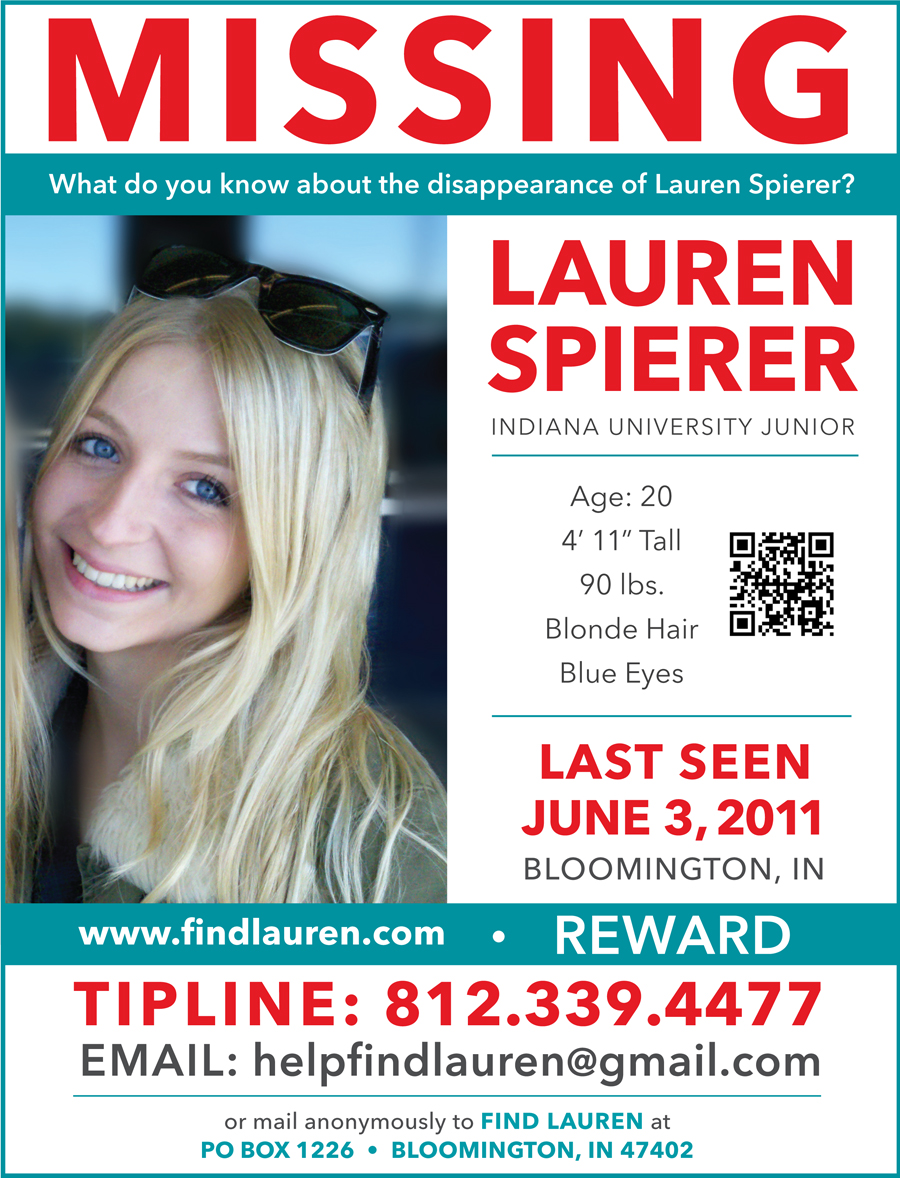
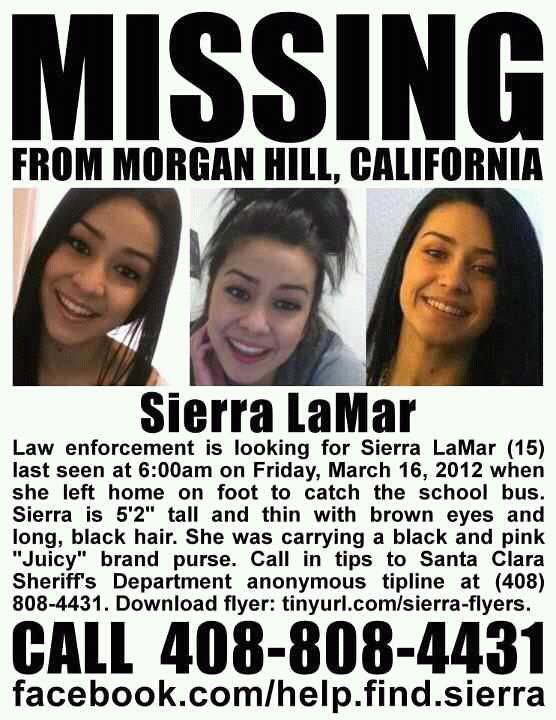
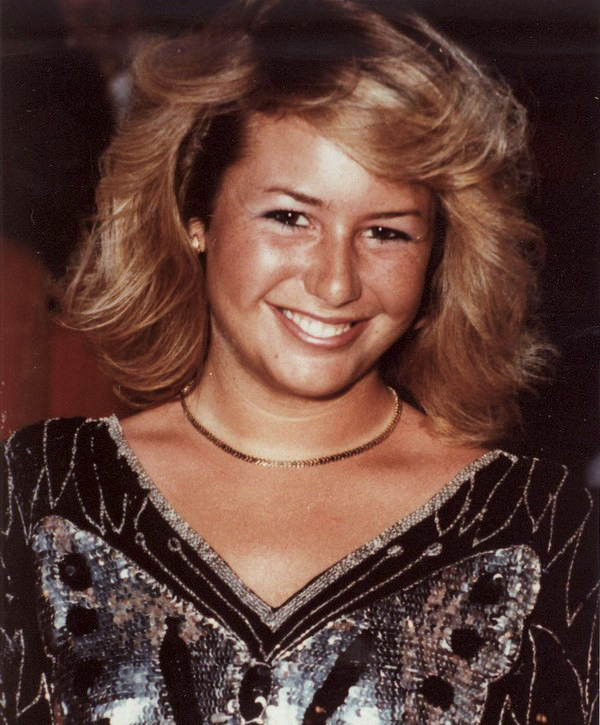

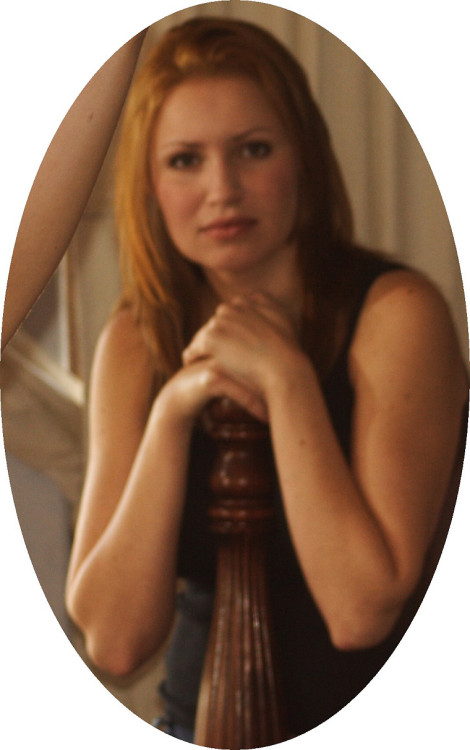
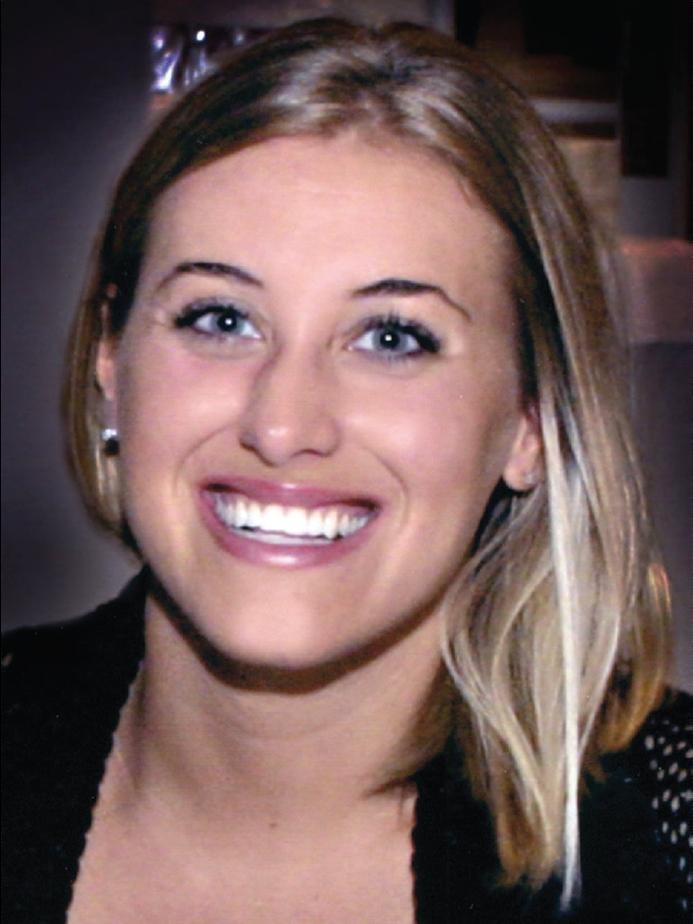
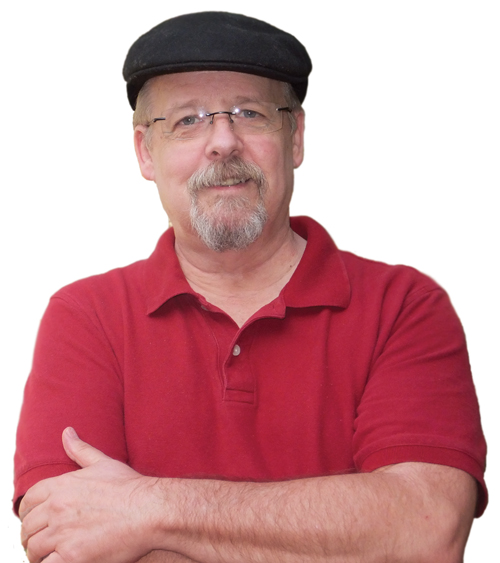















 LEGAL NOTICE
©David B. Knechel. All Rights Reserved. No portion of this site can be reproduced in it's entirety or in part without expressed written permission by the owner/administrator of this site in accordance with the Digital Millennium Copyright Act. Section 512(c)(3) of the U.S. Copyright Act, 17 U.S.C. §512(c)(3). The charges against defendants are mere accusations and the subjects are presumed innocent until found guilty in a court of law.
LEGAL NOTICE
©David B. Knechel. All Rights Reserved. No portion of this site can be reproduced in it's entirety or in part without expressed written permission by the owner/administrator of this site in accordance with the Digital Millennium Copyright Act. Section 512(c)(3) of the U.S. Copyright Act, 17 U.S.C. §512(c)(3). The charges against defendants are mere accusations and the subjects are presumed innocent until found guilty in a court of law.
